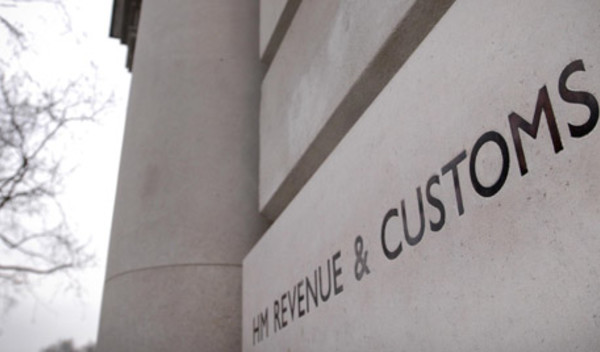

Concerns have been raised over next year's reform of the off-payroll working rules in the private sector, with contractors claiming the potential negative impact of the changes are being misunderstood by the government.
From April 2020, every medium and large private sector business in the UK will become responsible for setting the tax status – or IR35 – of any contract worker they use.
This is as a result of changes introduced in last year's Budget which will also see these businesses carry the liability should HM Revenue & Customs decide they have made any incorrect assessments, and it follows similar reform in the public sector in 2017.
But a recent survey of 1,200 contractors pointed to concerns that HMRC may be underestimating the potential impact of the IR35 reform, which has previously been called an "attack on contractors".
Research carried out by contractor accountancy QAccounting found 85 per cent of contractors do not believe the taxman understands the repercussions of the changes on the workforce, with only 9 per cent satisfied it does.
The majority stated they felt under-appreciated by the government, with 91 per cent concerned contractors were not considered as a "tool for economic growth".
Mike Butchart, chief executive at QAccounting, said: "Given HMRC’s heavy-handed approach to IR35 compliance in recent years, you can understand why contractors have next to no confidence that the tax office grasps the possible negative implications of incoming changes to the rules.
"With a new prime minister now in place, the fact that the majority of independent workers have questioned HMRC’s competence should be for food for thought for Boris Johnson - as should the news that contractors do not think the government appreciates this vital sector of the workforce as a tool for economic growth.
"Looking ahead to the introduction of IR35 reform next year, it’s vital that HMRC shows contractors that it will take a considered approach when implementing and policing the rules and that recruiters and engagers take on board the details of the draft legislation while preparing for changes."
The IR35 rule was introduced in 2000 by the then chancellor Gordon Brown in an attempt to stop ‘disguised employment’ and prevent contractors working through their own limited company to avoid tax, when in reality, their working arrangement reflected employment.
The changes were delayed until April 2020 in an effort to allow business more time to prepare and 1.5m of the smallest firms were excluded from the reform.
An HMRC spokesperson said: "HMRC is working with organisations ahead of April 2020, providing in-depth education and support to make sure they have the tools to effectively implement the reforms and make the right determinations.
"HMRC will be conducting a series of face-to-face events, webinars, workshops and targeted meetings, while online guidance will be available from summer 2019.
"HMRC very much values the contribution of contractors and other flexible workers to the UK economy. As well as helping organisations implement the reforms, we are committed to making sure individuals aren’t unfairly disadvantaged by the rules or by those implementing them."
rachel.mortimer@ft.com
What do you think about the issues raised by this story? Email us on fa.letters@ft.com to let us know.



